Text and Photos by Henrylito D. Tacio
“Work every day. No matter what has happened the day or night before, get up and bite on the nail.” That statement comes from the pen of one of America’s most celebrated authors, Ernest Hemingway.
Hemingway is one of my favorite authors. And although I never read his books when I was growing up, I only came to “know” him only after I saw the film adaptation of his book, The Old Man and the Sea. Forget the fact that he committed suicide at the height of his career, but his
timely tips about writing are still being quoted, just like his novels, which are still being read all over the world.
A person who does not work every day is dead. You have to do something in order for you to live – even breathing and eating are sort of works. And thinking and writing, too. That’s why I write every day.
Writing is just like a hobby to me. And to think of it, it’s part of my job. Imagine, doing your hobby every day and still being paid for doing so. What a privilege, indeed. I am sure there are many people who are working there but don’t like what they are doing. Too bad!
Anyone who knows how to write can be called a writer. But the difference between those who just write for the sake of writing and those who do living on writing is writing well. Henry Wadsworth Longfellow (too bad you can’t call him Long for short) once said, “The talent of success is nothing more than doing what you can do well and doing well whatever you do.”
In writing well, you have to consider your grammar (you must know when to use “is” and “are,” the difference between “me” and “mine,” etc.), your vocabulary (appease, soothe, mollify, placate, and pacify all mean the same thing), and the ideas you expound. Words are your tool, and you must have lots of them.
“What’s this business of being a writer?” American film producer Irving Thalberg asked. “It’s just putting one word after another.”
But you have to put those words in a perfect manner so that they can be understood by anyone who reads it. “A perfectly healthy sentence, it is true, is extremely rare,” US naturalist and essayist Henry David Thoreau said. “For the most part we miss the hue and fragrance of the thought; as if we could be satisfied with the dews of the morning or evening without their
colors, or the heavens without their azure.”
I started “writing well” when I was still in high school. My English teacher observed that those I wrote for our formal themes were different from those written by my classmates. “You had a style of your own,” she told me. She impelled me to write more – on various subject matters.
When I watched Finding Forrester a couple of years back, I was reminded of what I went through. The words of Sean Connery’s character came into my mind: “Write your first draft with your heart. Re-write with your head.”
But it was not until I was in college that I started writing for magazines and newspapers. My very first national article was published in a weekly magazine called Mod. It was a short piece on what children say about doctors.
From that, I started writing for other publications as a freelancer. Among the Manila-based magazines where I submitted my articles via mail were: Woman’s Home Companion, Mr. & Ms., Focus Philippines, Philippine Free Press, Philippines Graphic, Express Week, Philippine Panorama, and Women’s Journal.
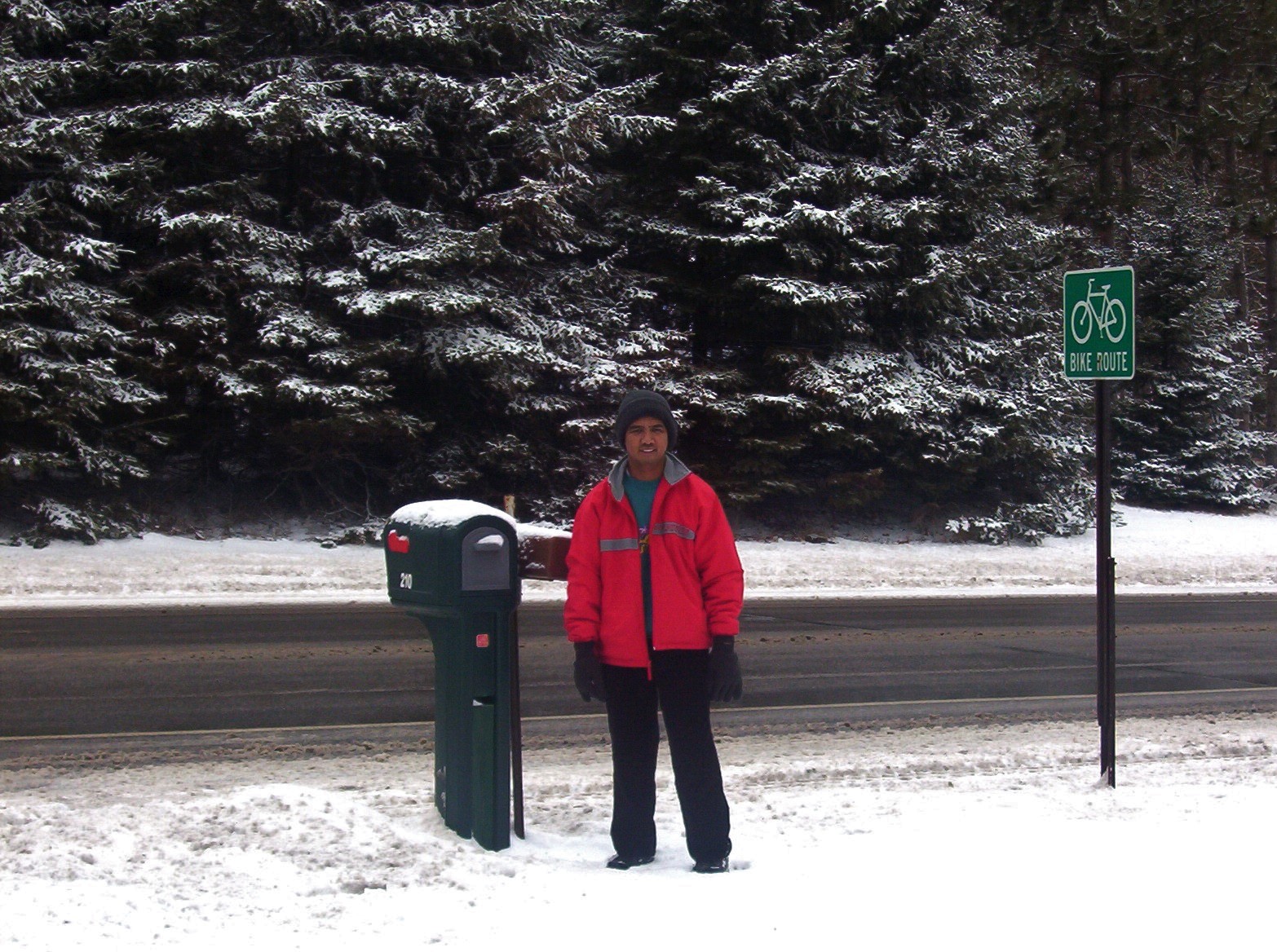
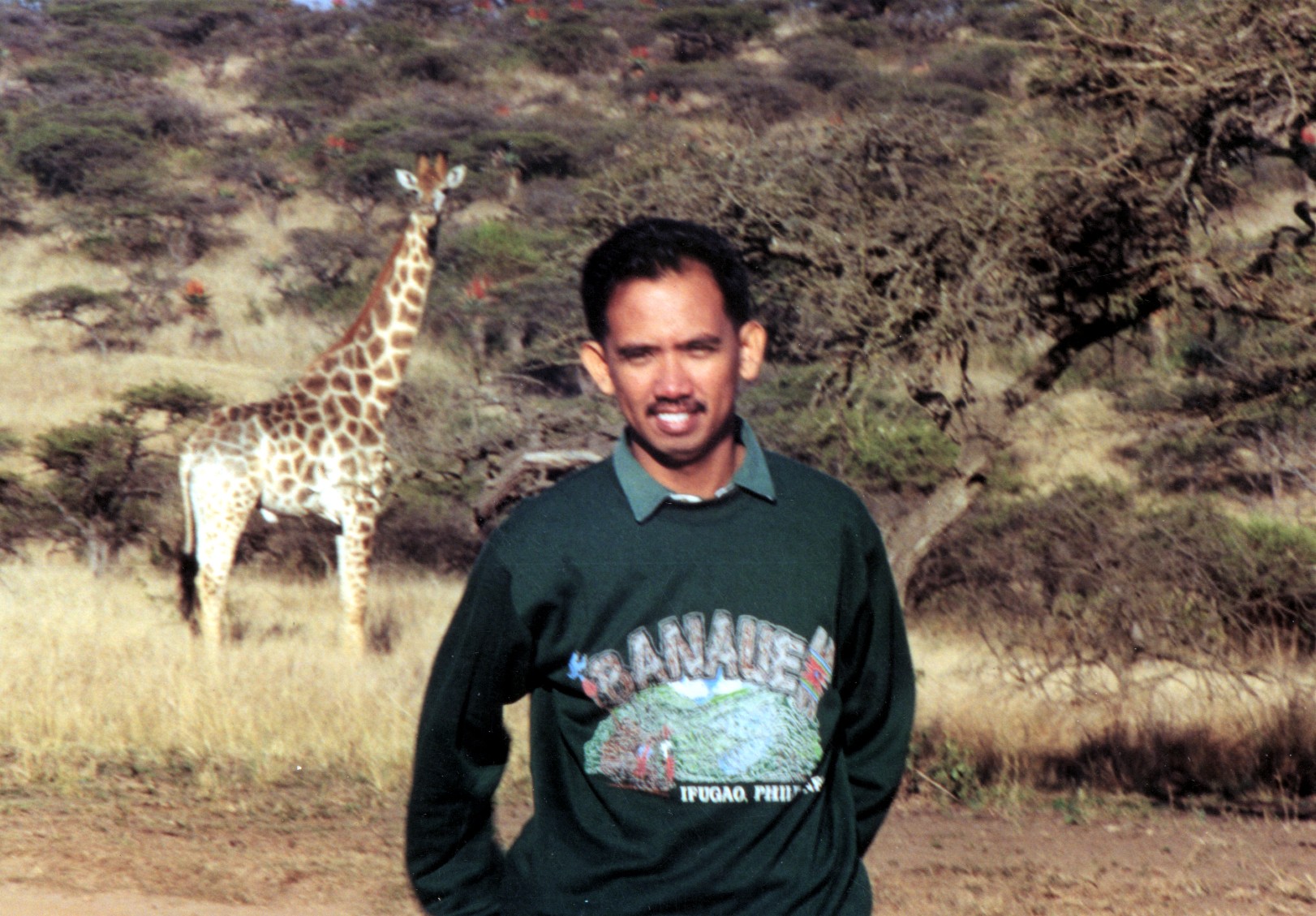

At first, I wrote lifestyle features and when I joined a non-government organization as its staff writer, I started writing about agricultural stories. After attending a workshop convened by Philippine Press Institute, I finally found my niche: science reporting.
It was also at this time that I started writing for Ang Peryodiko Dabaw (which later became Sun.Star Davao). I also started contributing news features for the Press Foundation of Asia, with Paul Icamina and Erlinda Bolido as my science editors.
And before I knew it, I was winning one journalism award after another. In 1999, the Philippine Press Institute elevated me to the Hall of fame in science reporting. The following year, the Rotary Club of Manila had chosen me as Journalist of the Year.
In 2000, before I left for the United States to co-author a paper on water and population with internationally-known journalist and book author Don Hinrichsen, my article on dengue fever came out in the Asian edition of Reader’s Digest, my very first for such a prestigious magazine.
More articles I wrote were published in Reader’s Digest. I also had an opportunity to write for the US publication Mental Floss. I also wrote for South Review (now defunct). I also had a stint with People and the Planet.
These days, I write for a local daily, Edge Davao. I also write for Enrich Magazine, and my byline also appears in Philippine Morning Post, an online daily.
Through these years, what have I learned as a writer? First and foremost, don’t wait for inspiration to write. Just write whatever comes into your mind – as long as you know what you are writing.
American-British novelist and screenwriter Raymond Chandler suggests, “The faster I write the better my output. If I’m going slower, I’m in trouble. It means I’m pushing the words instead of being pulled by them.”
Don’t forget to read. You can never be a writer unless you read. When I go to other countries, I usually buy books, magazines, and other publications.
“Read, read, read,” urges American writer William Faulkner. “Read everything – trash, classics, good and bad, and see how they do it. Just like a carpenter who works as an apprentice and studies the master. Read! You’ll absorb it. Then write. If it’s good, you’ll find out. If it’s not, throw it out of the window.”
There is nothing new under the heat of the sun, the Ecclesiastes writer said. Everything is already written. All you have to do is make the subject fresh. “If you steal from one author, it’s plagiarism; if you steal from many, it’s research,” observed Wilson Mizner. Award-winning author James Michener echoed the same sentiment when he said, “I’m not a very good writer, but I’m an excellent rewriter.”
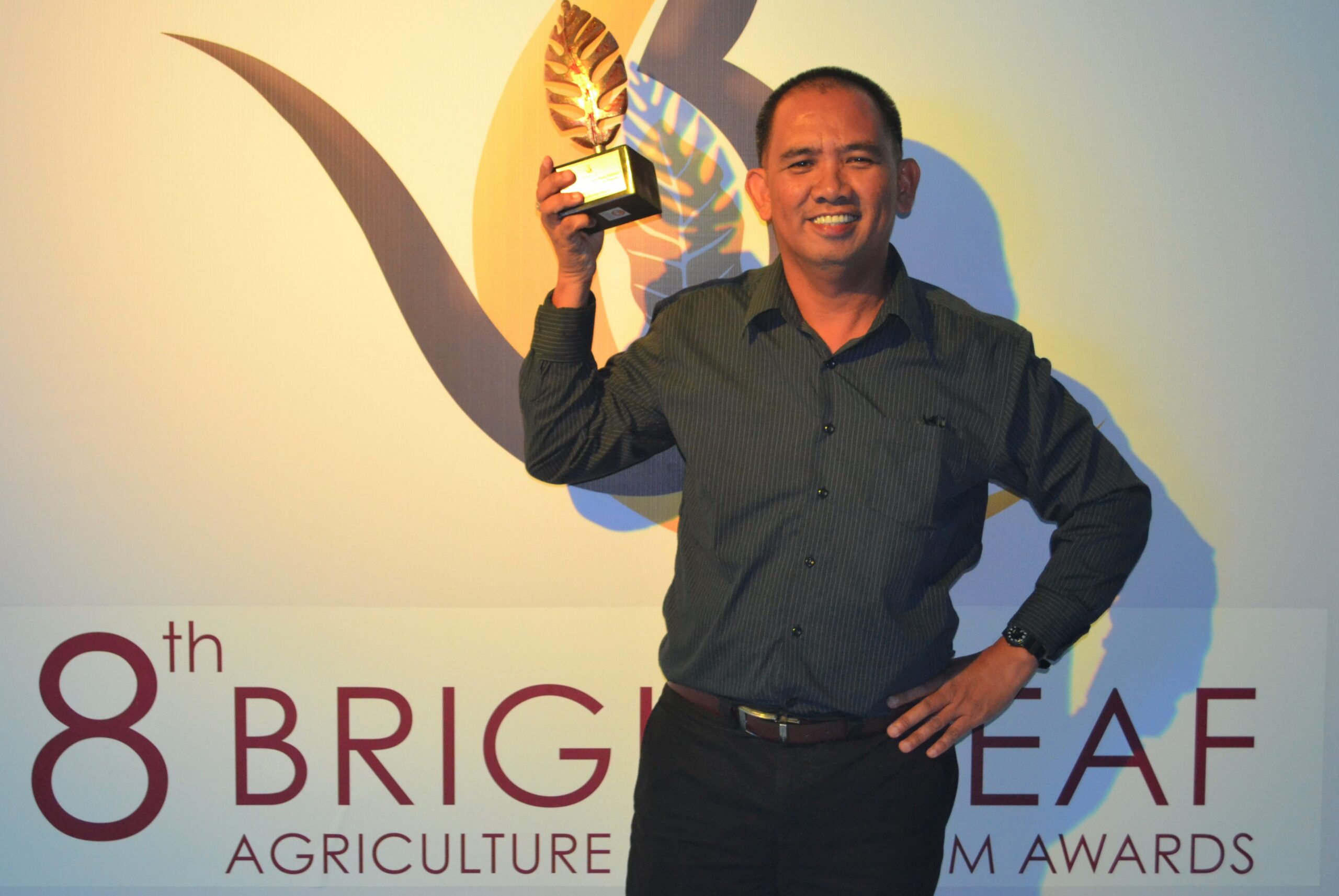
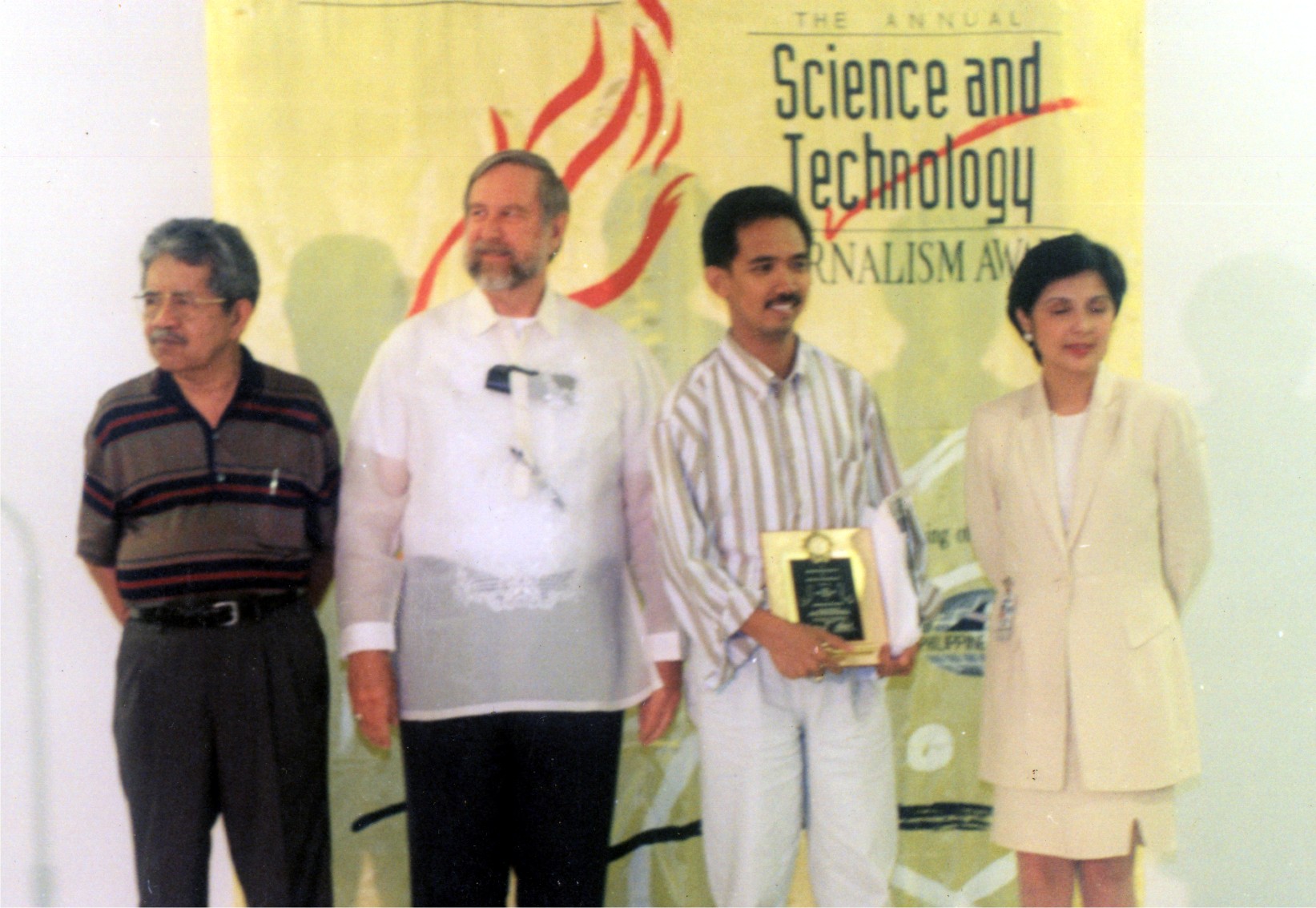
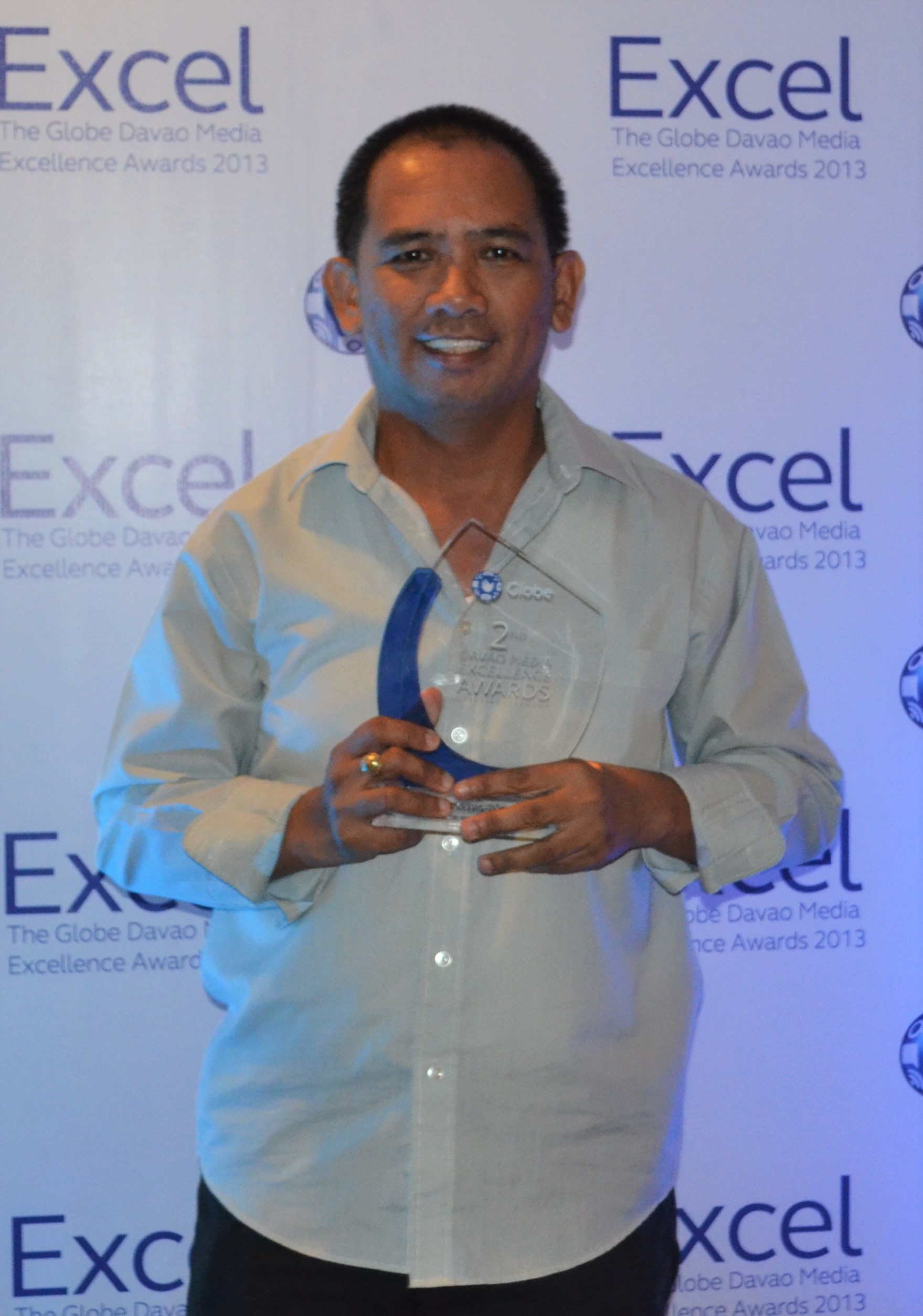
Now, here are some great rules of writing from William Safire, an American author, columnist, journalist, and presidential speechwriter:
“Do not put statements in the negative form. And don’t start sentences with a conjunction. If you reread your work, you will find on rereading that a great deal of repetition can be avoided by rereading and editing. Never use a long word when a diminutive one will do. Unqualified superlatives are the worst of all. De-accession euphemisms. If any word is improper at the end of a sentence, a linking verb is. Avoid trendy locutions that sound flaky. Last, but not least, avoid clichés like the plague.”
Now, why do I like to write? As Edward Robert Bulwer-Lytton, Richeliue II puts it, “The pen is mightier than the sword.”

